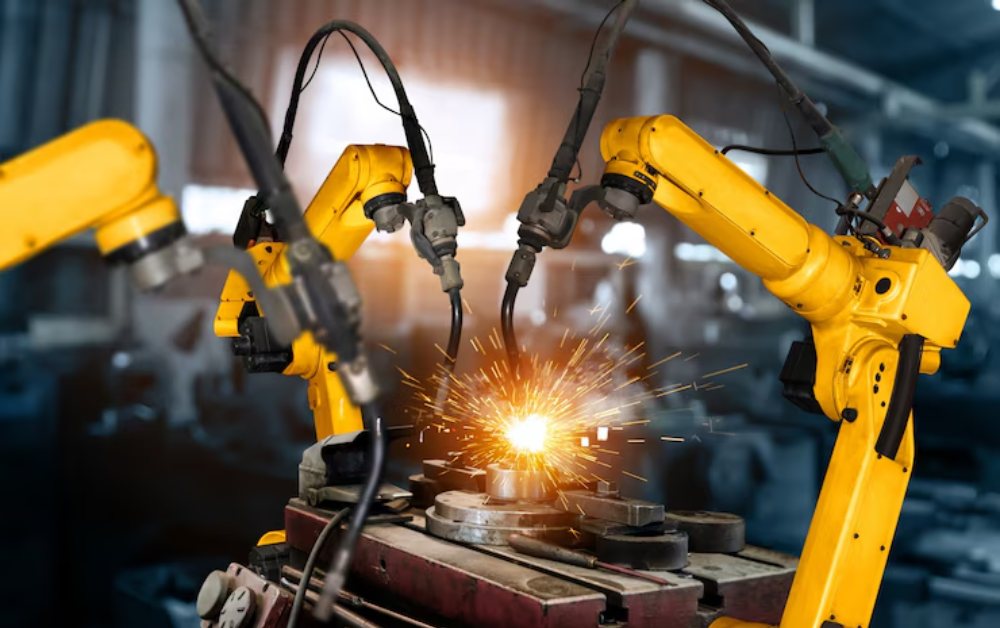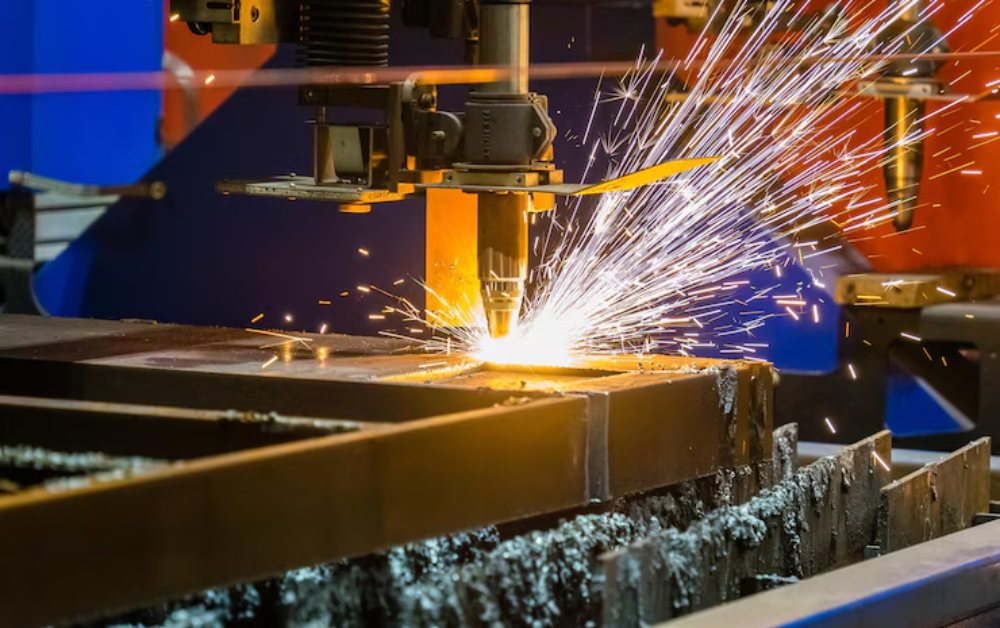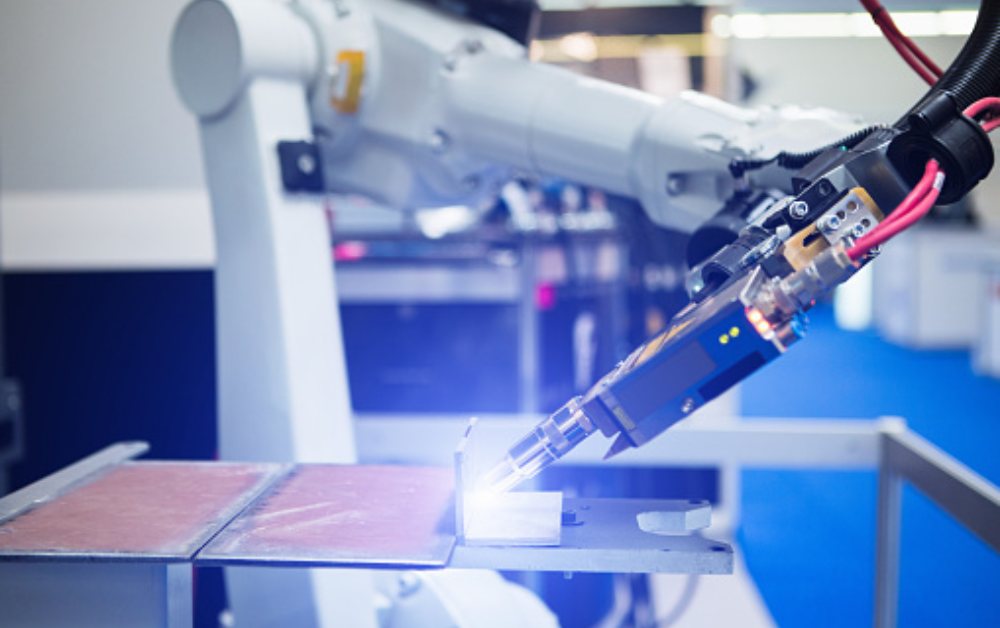As the automotive industry continues to evolve with the integration of smarter technologies and stricter manufacturing standards, Robotic Laser Welding has emerged as a game-changing innovation. This advanced welding technique offers unmatched precision, efficiency, and repeatability, making it ideal for the complex and high-volume production demands of the automotive sector.

What is Robotic Laser Welding?
Robotic Laser Welding combines the precision of laser welding with the consistency and speed of robotic automation. Unlike traditional welding techniques that rely on manual labor or semi-automated systems, robotic laser welding uses a high-powered laser beam, directed by a robotic arm, to fuse metal components with extreme accuracy. The result is a cleaner, stronger weld, often with less heat input and minimal distortion.
How Robotic Laser Welding is Revolutionizing the Automotive Industry
- Precision for Complex Designs
Modern vehicles feature intricate designs and lightweight components that require accurate and clean welding. Robotic laser welding provides the pinpoint control needed to handle delicate materials like aluminum and high-strength steel, ensuring joints are reliable without affecting the surrounding structure. - Increased Production Speed
Speed is critical in automotive manufacturing, where thousands of parts are assembled daily. Robotic laser systems operate faster than traditional welding setups, significantly reducing cycle times. This helps automakers meet production targets while maintaining consistent quality. - Consistent and High-Quality Welds
Manual welding often varies depending on the skill of the operator. Robotic laser welding eliminates this inconsistency by following programmed paths and parameters with exactness. This ensures that each weld meets the same high standards, improving the overall quality and safety of vehicles. - Reduced Material Waste and Energy Consumption
Because of its focused heat application, robotic laser welding uses less energy and causes less material distortion compared to conventional methods. It also requires fewer consumables, making the process more sustainable and cost-effective in the long run. - Enhanced Safety in Production
Automated welding reduces the need for human operators to be in close proximity to high-heat areas, minimizing the risk of workplace injuries. This also allows for more efficient deployment of skilled workers in other value-added areas of production.
Applications in Automotive Manufacturing
Robotic laser welding is used in a wide array of automotive components, including:
- Car body panels
- Chassis components
- Battery enclosures for electric vehicles (EVs)
- Engine parts and exhaust systems
- Door frames and roof structures
As vehicle design becomes increasingly complex, particularly with the rise of electric and hybrid models, the need for precise and reliable welding grows stronger.

Conclusion: Raysun Techno Industries LLC – Precision Experts in Robotic Laser Welding
In the rapidly advancing field of Robotic Laser Welding, Raysun Techno Industries LLC stands out as a reliable and innovative partner for the automotive industry. With advanced machinery, skilled technicians, and a commitment to quality, the company provides cutting-edge welding solutions that support high-performance automotive production. For manufacturers looking to optimize efficiency and ensure product durability, Raysun Techno Industries LLC delivers the expertise and precision needed in today’s competitive automotive landscape.

